Enabling Sustainability
We are committed to positively leading change through innovation, circularity, and sustainability to achieve net-zero climate impact. We reduce ecological footprint by innovating ways to use natural resources responsibly and giving it back to future generations.
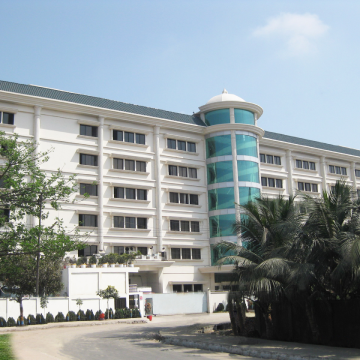
Green Factories
All of our factories are either LEED platinum or LEED gold certified by United State Green Building Council (USGBC).
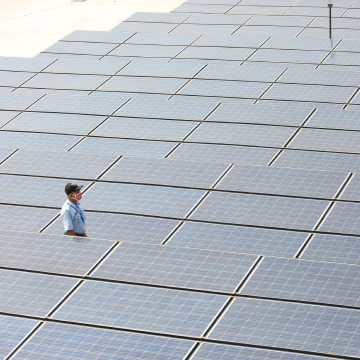
Renewable Energy
We’re availing 15% of our entire energy consumption from solar power. The aim is to increase the ratio of renewable energy into 50% by 2030 to accelerate decarbonization and democratize green energy.
Water Recycling
Pacific Jeans is ever vigilant to mitigate the crisis of ground water reservation for which it has installed water recycling plant. The waste water is recycled and then reused in production process to reduce the use of ground water. Our target is to drop down the use of ground water by 75% and to use 80% recycled water of our total water consumption by 2030. (Base year 2018)
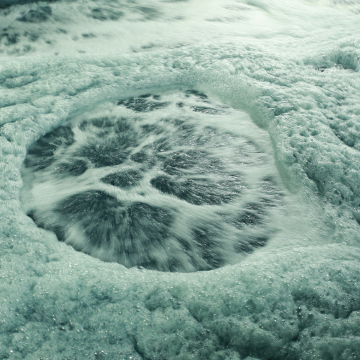
Partnership For Cleaner Textile (PACT)
Pacific Jeans is a partner of PACT program and implemented all the recommendations with a focus on reducing resource consumption and waste water pollution.

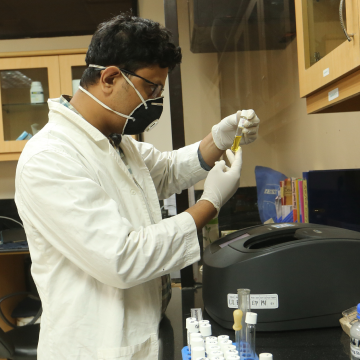
Zero Discharge of Hazardous Chemicals (ZDHC)
We have joined the Zero Discharge of Hazardous Chemicals (ZDHC) to pave the way for cleaner and sustainable chemical management which eliminating contaminated waste and harmful emissions resulting zero pollution.
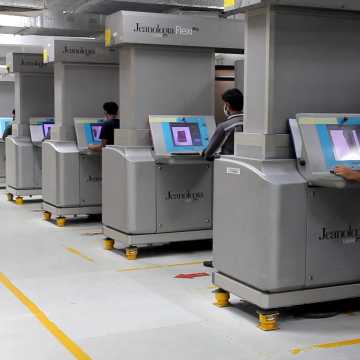
Sustainable Laundry
We remain unrivaled in sustainable washing by utilizing cutting-edge water saving technologies such as Ozone, Laser, E-flow etc to optimize manual process, to become water and energy efficient without compromising the quality and authentic character of denim ever cherished by our customer.
Eco Boiler
Our cogeneration boiler absolutely runs on gas generation exhaust and It is equipped with afterburners and economizers, allowing the water that feeds it to be preheated.
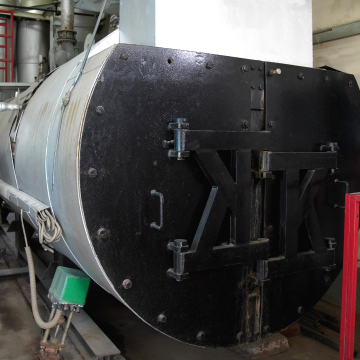
Recycled Fiber
As part of our long-term sustainability strategy, we’re going to produce recycle fiber to develop responsible supply chain and foster circularity in the apparel supply chain. We’ll recycle our cutting waste and re-use it in the fabric production to close the loop in the industry.

